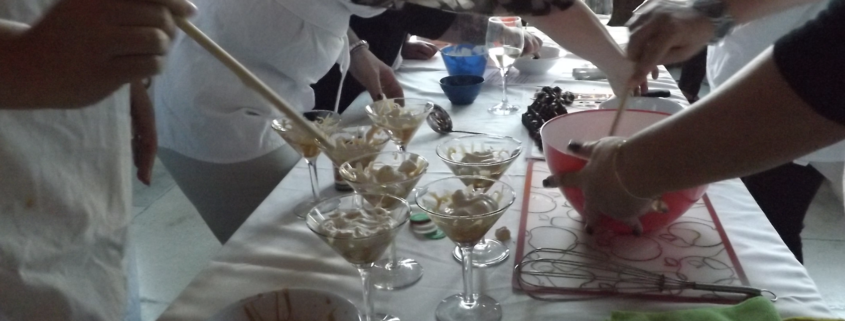Who Do You Love?
Recently I was contacted by a former client who has not worked with us in over a decade. While I was delighted for the look up, however it got me thinking about why clients return to suppliers both short term and long? So, I reached out to a few who I regularly work with (yearly last few years) and those who we would term irregular partners.
There is definitely a pattern here. For those who we would class as “regulars”, we heard that it is a combination of quality experiences, professionalism and familiarity with our organization and how we do things topped the list of reasons on why we continue to work together. The familiarity factor I think is also an element of trust based on successful experiences and interactions. Even when key contacts moved to another organization, we were invited into the new organization based upon our previous relationship. To a business such as ours it is a great honour.
Over the years I have come to recognize another pattern. Those clients whose primary reason to buy is price often do not end up being repeat. The relationship is more transactional with more focus being placed on getting more for less, often attempting to negotiate down from the initial quote. This is perfectly within their right as a purchasing body. This result usually means something’s got to give on the supplier side. It could be in the form of less staffing, less program options, shorter delivery and many other reactions that will ultimately affect quality of delivery and the perception of value for the client.
I’ve always priced my work from what I think is a fair position. I’m up front on what a reduction will do to the quality of a delivery if a client asks for one. That way they understand and accept that they have a role in the outcome. I have also walked away from potential business where it is clear that a reduced price will clearly and negatively impact the program quality and I slept soundly.
When I asked one repeat client why they continually come back to do business their answer was blunt. “Bill, the reason we return is simple. You and I are partners. We are equally responsible for the outcome of this program.” “My organization trusts me to trust that you are going to deliver the same high-quality experience you always have.” This is a relationship I much prefer to one where it is viewed as a transaction first and foremost.
The other benefit has been the many professional friendships I have cultivated over the years based upon success, mutual respect and familiarity. For that I consider myself fortunate.

